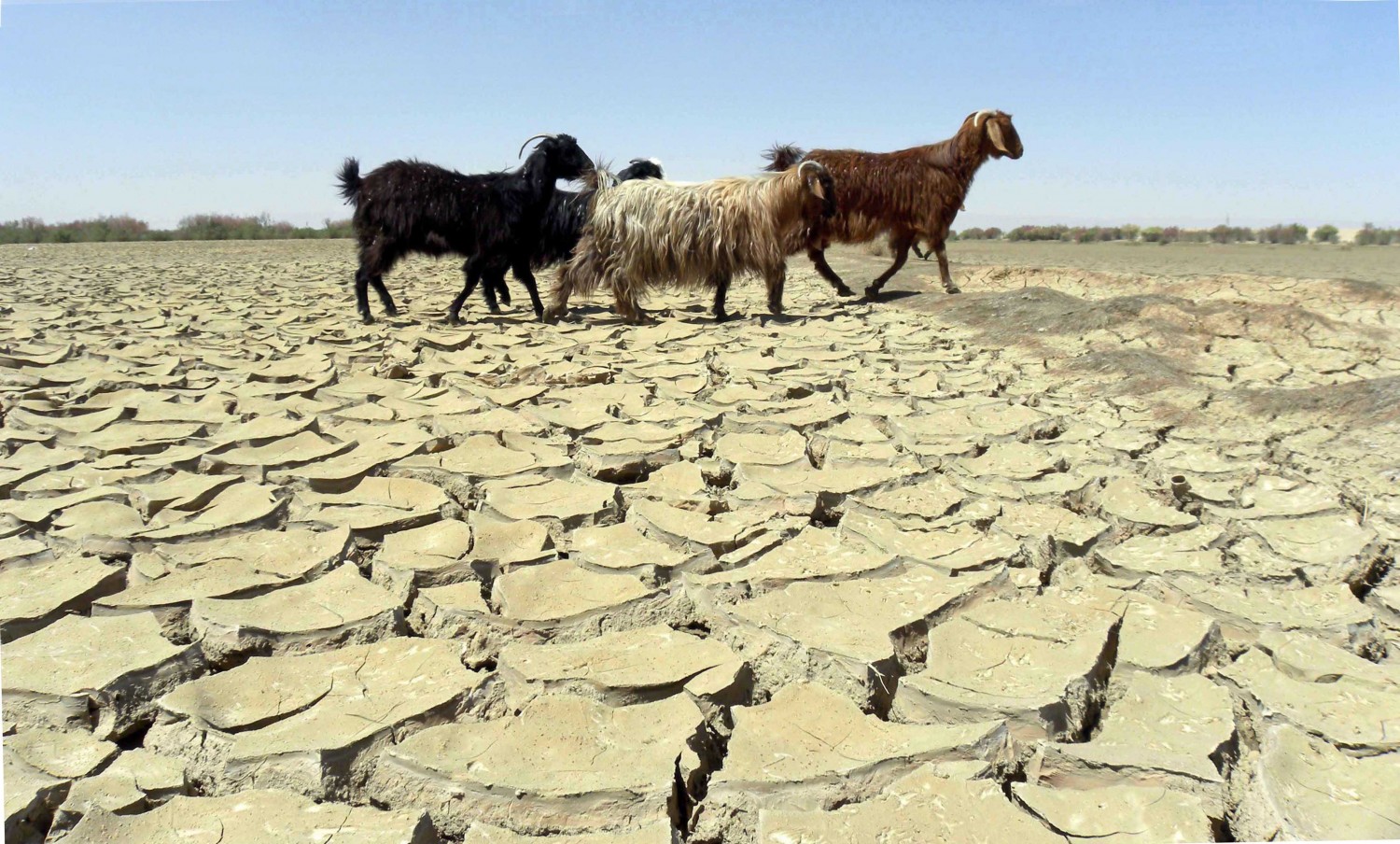The world’s wealthiest one percent are disproportionately contributing to the climate crisis, with their carbon emissions exceeding those of the poorest two-thirds of humanity, as revealed in a new report by Oxfam International released ahead of the UN climate summit in Dubai.
The report, published on 20 November, highlights the stark contrast between the lifestyles of the super-rich, whose consumption patterns drive global warming, and the vast majority of people around the world who bear the brunt of the climate crisis.
The repercussions of the excessive emissions by the richest one percent are dire, estimated to result in a staggering 1.3 million heat-related deaths between 2020 and 2030, a figure eerily equivalent to the population of Dublin, Ireland.
The report’s findings underscore the urgent need for drastic action to address the climate crisis, particularly by holding the wealthiest individuals and corporations accountable for their outsized contributions to greenhouse gas emissions.
“The super-rich are plundering and polluting the planet to the point of destruction, leaving humanity choking on extreme heat, floods, and drought,” stated Amitabh Behar, interim Executive Director of Oxfam International.
Oxfam calls for a radical shift in global consumption patterns and a transition to a more equitable and sustainable way of living.
The opulent lifestyles of the world’s one percenters are taking a massive toll on the planet, as they were responsible for 16 percent of global consumption emissions in 2019 – a figure equivalent to the emissions of all car and road transport. The richest 10 percent of the population accounted for a staggering 50 percent of all emissions.
To grasp the environmental impact, consider this: an individual in the bottom 99 percent would need to live around 1,500 years to match the carbon output of the richest billionaires in a single year. This drastic contrast underscores the profound inequality inherent in harmful emissions and climate change.
The carbon emissions of the richest are also canceling out the efforts of those working to reduce their environmental impact. For instance, the emissions of the wealthiest one percent each year effectively eliminate the carbon savings generated by nearly one million wind turbines.
Oxfam International proposes a radical solution: a 60 percent tax on the incomes of the richest one percent. This measure, projected to reduce global emissions by more than the total emissions of the United Kingdom, could generate an annual revenue of USD 6.4 trillion (EGP 197 trillion). Such a substantial sum would provide crucial funding for the transition to renewable energy sources.
The 28th United Nations Climate Change Conference, or COP28, will be held from November 30 to December 12, 2023, at Expo City, Dubai, the United Arab Emirates.







Comments (0)